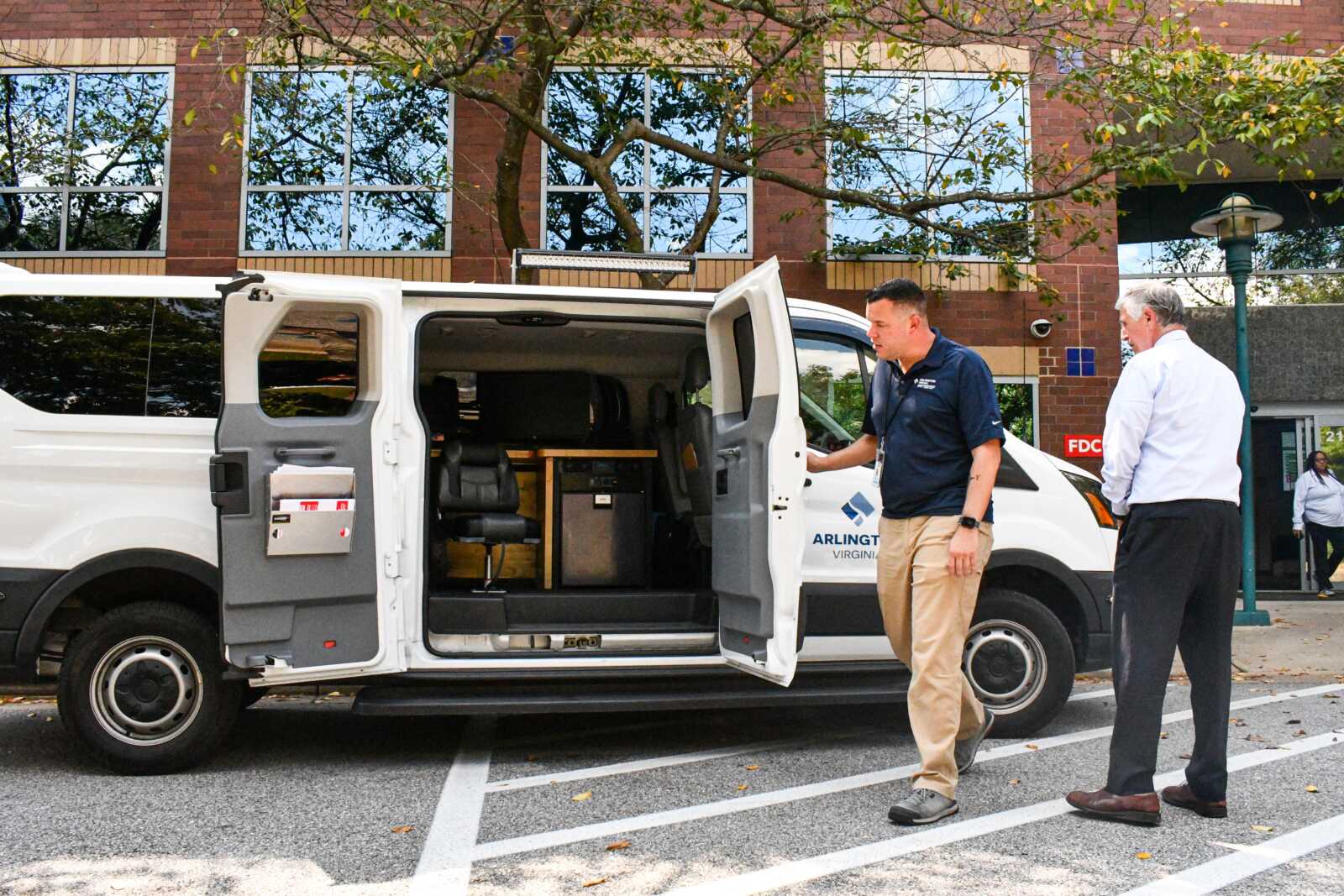This is a sponsored column by attorneys John Berry and Kimberly Berry of Berry & Berry, PLLC, an employment and labor law firm located in Northern Virginia that specializes in federal employee, security clearance, retirement and private sector employee matters.
By John V. Berry, Esq.
Our lawyers represent federal employees in federal employee grievances nationwide. Each federal agency has their own unique grievance procedures, and it is important to have counsel familiar with the differences.
Grievance Process for Federal Employees
Federal employees typically use a grievance when they want to challenge an action at work (e.g., discipline, performance, treatment at work). The main purpose in filing a grievance is to resolve an employment dispute through compromise (where possible) or by having a senior-level supervisor reverse an earlier decision.
Two Types of Grievances
There are usually two types of federal employee grievances, one filed through union grievance procedures and one through a federal agency’s administrative grievance process. Those not eligible for union grievance processes are often able to file their grievance through the administrative grievance process. Before a federal employee files a grievance, it is important to consult with a lawyer.
Drafting the Grievance
Depending on the applicable administrative grievance policy or union collective bargaining agreement, the first step in the grievance process can vary. Many grievance policies require that a federal employee notify a supervisor verbally of the grievance prior to filing a written grievance. Other grievance procedures require that a written grievance be filed first in order to start the process.
Following the Steps of the Grievance Procedure
Depending on the federal agency, a grievance can include anywhere from 2-5 different steps in the process. Usually, a written grievance is followed by a meeting to discuss or present the grievance in person. When we represent federal employees in grievances, a lawyer presents the grievance, and the federal employee also speaks in order to provide key facts in the dispute. Usually, at the end of the grievance meeting, we will present a proposal to resolve the grievance. Following the grievance presentation, the federal employee’s counsel will usually hear back informally about the proposed resolution or the federal employee will receive a written decision on the grievance itself.
In our experience, a successful grievance resolution requires compromise by both parties. After each of the steps, the grievance generally moves to a higher-level supervisor as it progresses through the process.
After a Grievance Decision
If a grievance is not resolved at the end of the grievance process, many federal agency policies: (1) allow federal employees to request arbitration through their union (usually just in union-based grievance procedures), (2) provide federal employees the right to request an administrative hearing on the grievance, or (3) provide additional rights for review. It is important to understand how an applicable grievance procedure works for a particular federal agency prior to filing a grievance.
Conclusion
When a federal employee is considering filing an administrative or union grievance, it is important to have an attorney represent or advise them. Our law firm represents federal employees in the different types of grievance processes. We can be contacted at www.berrylegal.com or by telephone at (703) 668-0070.
Recent Stories

For Immediate Release
Progress for All Announces Inaugural Black Men Vote Virtual Town Hall
Date: April 19, 2024
Contact: Marc M. M. Peters

The Award is available to recent high school graduates and non-traditional students (see the application for more details). Each recipient may be awarded up to $20,000. Applicants are required to submit an online application form as well as a short video application.
The applicant must be an Arlington resident pursuing a career or technical education accredited program, within a high-growth career, that will be completed within two years.
The careers and programs include, but are not limited to:
-
Audio, Video, and Sound Engineering Technicians
-
Broadcast Technicians
-
Commercial Drivers
-
Culinary Arts
-
Early Childcare Education
-
Healthcare
-
Information Technology and Computer Science
-
Manufacturing and Skilled Trades (including welding, auto and aviation mechanics and technicians)
-
Public Safety
ACFCU’s Free Homebuying 101 Webinar: Steps to Getting Pre-Approved
Are you ready to jump into homeownership, or have you started considering it but don’t know where to start?
Financial preparation is key when thinking about purchasing your first home and the first step to getting pre-approved. Join ACFCU for
Sweeney Todd
A victim of a gross injustice that robbed him of his wife and child, Sweeney Todd sets about exacting a terrible revenge on society.








